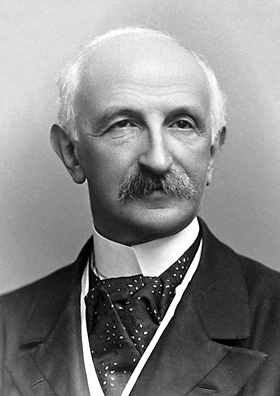On September 1, 2023, the Hague Convention on the Recognition and Enforcement of Foreign Judgments in Civil or Commercial Matters enters into force. In German domestic law, the jurisdiction for the enforcement of foreign judgments is newly defined – as of today, the dictrict courts (Landgerichte) will have exclusive competence in these matters. Read More
Tag: European Union
Singapore to Ratify Hague Convention on Choice of Court Agreements
 We have covered the Hague Convention on Choice of Court Agreements on several occasions (see, most recently, here and here). Now, the Convention is about to get a new party, and Patrick Dahm, a partner in my firm’s Singapore office, has the details:
We have covered the Hague Convention on Choice of Court Agreements on several occasions (see, most recently, here and here). Now, the Convention is about to get a new party, and Patrick Dahm, a partner in my firm’s Singapore office, has the details:
On April 14, 2016, the Singapore Parliament has passed the Choice of Court Agreements Bill, about a year after Singapore signed the Convention on March 2015. The Bill is pending presidential assent and publication in the Government Gazette, which will bring it into force.
With this, the number of Convention parties will increase to three nominally, but effectively to 28: prior to Singapore, the Convention had been signed and ratified by Mexico and the European Union (spanning the EU itself and its members except Denmark). Signatories which have yet to ratify the Convention are the USA and Ukraine. Read More
EU-Vietnam Free Trade Agreement: Blue Print for a Permanent Investment Dispute Resolution System?
 While everyone is busy discussing TTIP and the pro’s and con’s of Investment Arbitration as we know it, EU Trade Commissioner Cecilia Malmström announced on December 2, 2015 that European Union and Vietnam have concluded the negotiations of a free trade agreement: “The EU and Vietnam finalise landmark trade deal.”
While everyone is busy discussing TTIP and the pro’s and con’s of Investment Arbitration as we know it, EU Trade Commissioner Cecilia Malmström announced on December 2, 2015 that European Union and Vietnam have concluded the negotiations of a free trade agreement: “The EU and Vietnam finalise landmark trade deal.”
Hague Convention on Choice of Court Agreements Comes Into Force
 On October 1, 2015, the Hague Convention of 30 June 2005 on Choice of Court Agreements came into force in 28 States, namely in Mexico and all member states of the European Union – with the traditional exception of Denmark, which continues its isolationist policy in jurisdictional matters. The Convention thus comes into force a little over 10 years after it was signed in 2005, as the result of the European Union’s approval earlier this year. It remains to be seen whether its entry into force creates some momentum amongst other states to follow. From a European perspective, the United States’ ratification would have the biggest practical impact. Read More
On October 1, 2015, the Hague Convention of 30 June 2005 on Choice of Court Agreements came into force in 28 States, namely in Mexico and all member states of the European Union – with the traditional exception of Denmark, which continues its isolationist policy in jurisdictional matters. The Convention thus comes into force a little over 10 years after it was signed in 2005, as the result of the European Union’s approval earlier this year. It remains to be seen whether its entry into force creates some momentum amongst other states to follow. From a European perspective, the United States’ ratification would have the biggest practical impact. Read More

